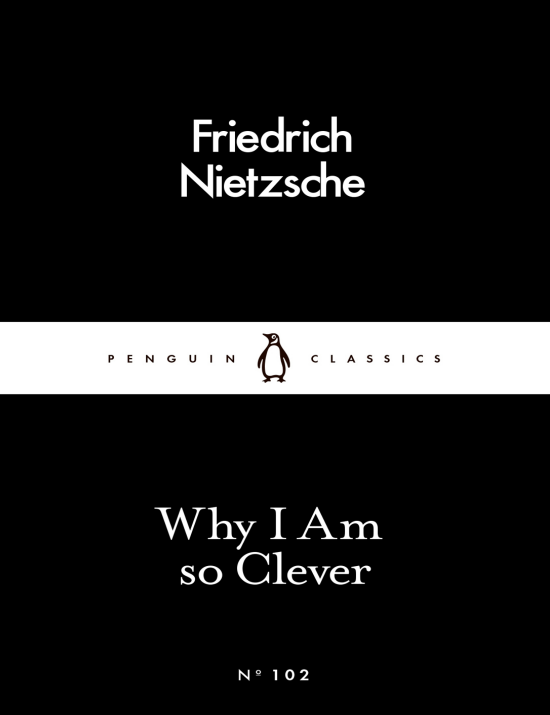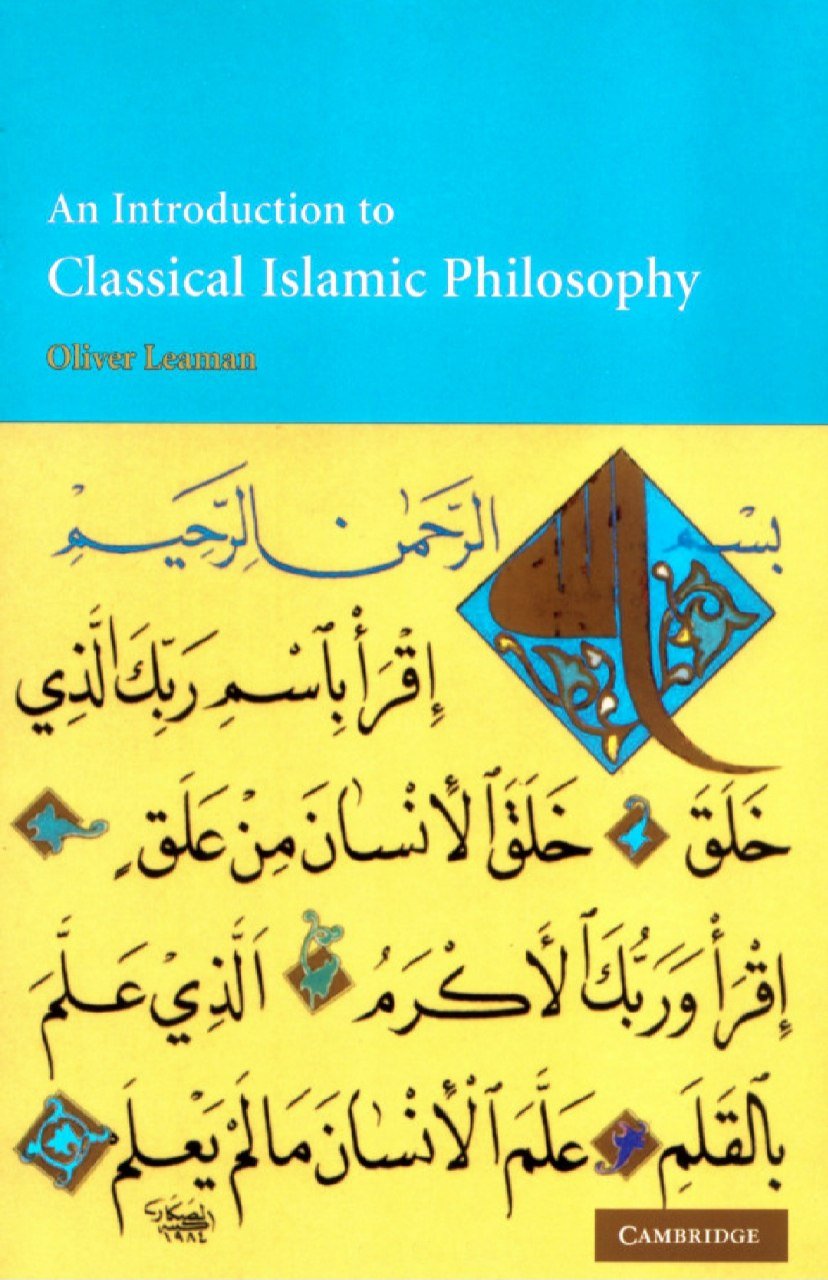

Philosophical Elements of a Theory of Society by Theodor W. Adorno
Reviews
No review yet. Be the first to review this book!
Description
Philosophical Elements of a Theory of Society by Theodor W. Adorno is a crucial work that tackles the intricate relationship between philosophy and society, blending critical theory with a deep examination of modern social structures. The book is an exploration of how philosophical thought can address the complexities of social life, particularly in the context of the modern world, which Adorno critiques as being dominated by instrumental reason and the forces of capitalism. In this work, Adorno attempts to outline the philosophical foundations of a theory of society that acknowledges both the social conditions in which individuals live and the constraints that modern institutions impose upon them. His critical approach seeks to understand how social structures shape individual consciousness and how, in turn, individuals can participate in, or challenge, the reproduction of these structures. One of the central themes in the book is the relationship between reason and society. Adorno critiques the traditional, Enlightenment view of reason as a liberating and progressive force. Instead, he argues that modern reason, particularly in capitalist society, has become instrumental—focused primarily on efficiency, control, and domination. This instrumental reason, according to Adorno, plays a key role in perpetuating social inequalities and alienation. Adorno also emphasizes the idea of "negative dialectics," a method of philosophical inquiry that seeks to resist easy solutions and instead focuses on the contradictions inherent in social life. He believes that philosophical thought should not aim to reconcile these contradictions, but rather should engage with them critically to reveal the deeper, often hidden, social and political forces that shape people's lives. Throughout Philosophical Elements of a Theory of Society, Adorno critiques the notion of a harmonious or ideal society. He is deeply skeptical of utopian visions that ignore the complexities and contradictions of social life. For Adorno, philosophy's task is not to provide simplistic answers, but to engage with the inherent tensions and contradictions that define human existence within society. In sum, the book presents a critical theoretical framework that draws heavily on Adorno's background in Marxism and the Frankfurt School, but also incorporates elements of Hegelian dialectics and German idealism. Through this blend of influences, Adorno develops a nuanced critique of modern society, focusing on how philosophy can contribute to a deeper understanding of the social conditions that shape individuals' lives, while also resisting the forces of domination and alienation that are embedded within capitalist society.





















.jpeg)
.jpg)







.jpg)

.png)



.jpeg)









.jpeg)

.jpg)


.jpg)





.jpeg)



.jpeg)





.jpg)












.jpg)



.jpg)


.jpg)



















































